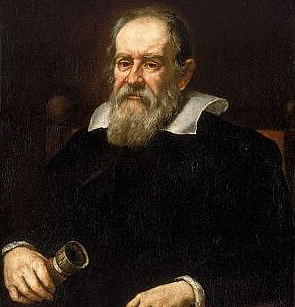Research with vision
Our main research areas at the center
Simone de Angelis
Professor De Angelis' research focuses on the field of the history of science and medicine of the Renaissance, early modern period and the 18th century, dealing in particular with epistemological, methodological and scientific theoretical issues and problems (visual perception, observation, autopsy and authority, trust, testimony, evidence, forms of representation of scientific knowledge, concepts of scientific ethos and habitus of the researcher, role of hypotheses in empirical-experimental research, etc.). Starting from the analysis of the problems of Descartes' mechanicism, he has studied the importance of Isaac Newton and the force of attraction(vis attractiva) for empirical-experimental research, especially in the Swiss physiologist Albrecht von Haller and the "Sciences of Life" around 1750. He has further explored the genesis of anthropology as a "science de l'homme" in the context of Aristotle's De Anima reception since the Renaissance of the sciences in the 16th century. He also discusses the development of a "science of man" based on the relationship between natural law and medicine and nature and history between 1670 and 1800. On a meta-level of the subject, he also addresses questions and problems of the methodology and historiography of science and analyzes the relationship between history and philosophy of science in the context of an Integrated History and Philosophy of Science (&HPS) or Philosophical History of Science (PHS).

Michael Schmidt
Michael Schmidt studied psychology and philosophy in Graz. In 2023, he completed his master’s degree in philosophy with a thesis on 18th-century philosophical aesthetics, subsequently published under the title Die Ästhetik Karl Leonhard Reinholds: Transzendentalphilosophische Geschmackskritik vor Kant.
Beyond his interest in selected figures from Antiquity and the Middle Ages, his primary research area lies in the theoretical and practical philosophy of the late Early Modern Period, with particular emphasis on Immanuel Kant, early Kantianism, and German Idealism. His work examines metaphysical and epistemological theories, different approaches to aesthetics and art theory, as well as the diverse conceptions of free will and (self-)consciousness within the intellectual and scientific context of this period.
Schmidt’s dissertation project, Karl Leonhard Reinhold’s Transcendental-Voluntarist Event-Causal Compatibilism, focuses on the historical and systematic contextualization of the theory of the will and drives, developed by the Austrian-German Enlightenment thinker Karl Leonhard Reinhold (1757–1823). The proposed study sheds light on the philosophical, anthropological, and psychological foundations of this theory – especially with regard to problems concerning the rational attributability of responsibility for human decisions and actions – as well as its potential relevance for ongoing debates in analytic philosophy and the cognitive sciences.
Victoria Shmidt
Victoria Shmidt brings together the issue of historical roots of segregation with the legacy of colonial and socialist policies in Central Eastern European countries. She started her academic career within the field of critical social policy, and this period formed a part of her broader interest to the historical roots of ongoing institutional violence against diverse disfranchised groups. In 2008, she transferred to the Masaryk University, Brno, Czech Republic, and began to elaborate on the issue of institutional violence against Roma and people with disabilities in the Czech lands. It has led her to deepening the approaches towards race science and racial thinking as agents and structures of nation-building and inclined to revise the spatial, temporal and ideological borders in the taken-for-granted approaches towards the role of researchers and academic institutions in the most extremal forms of transgression. Since 2019 Victoria has been cooperating with University of Graz and revises the history of public health and medicine in Central Eastern Europe through redefining the role of epistemic communities and networks in the reproductive politics in local, national and global levels.
